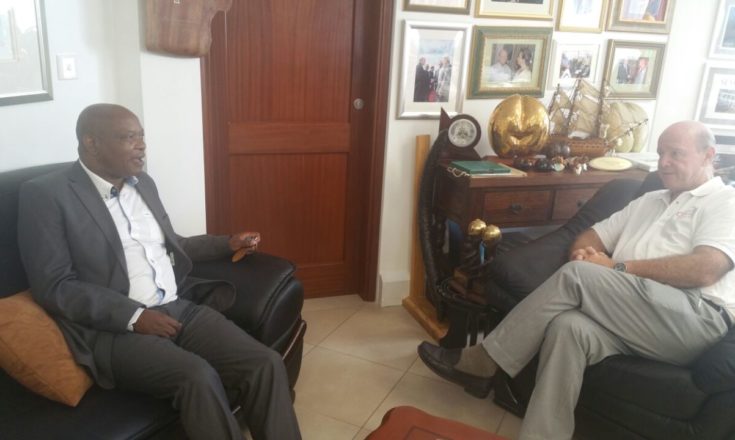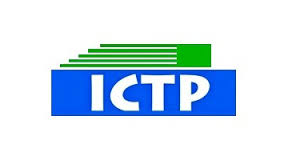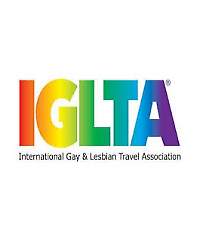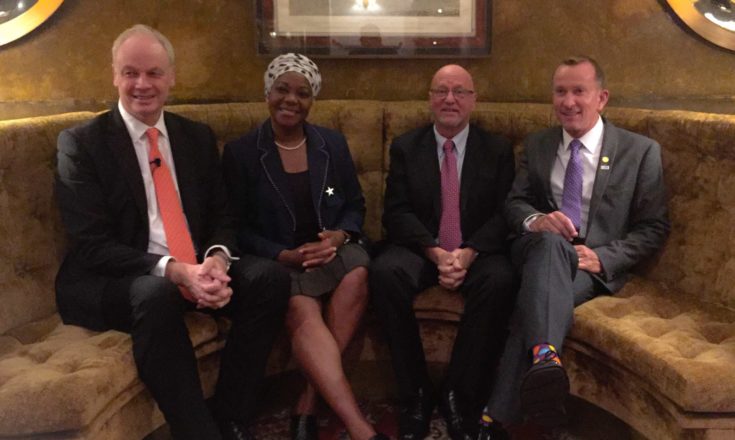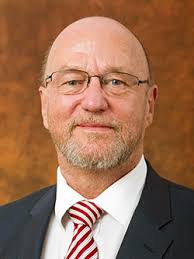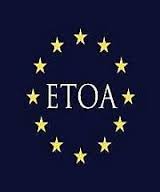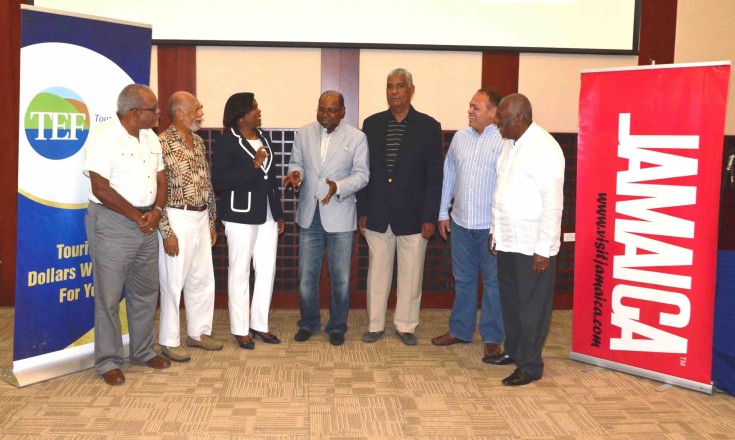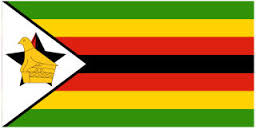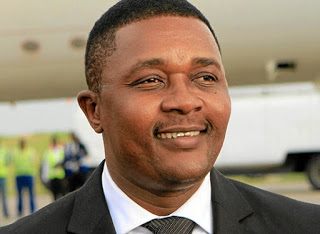
UNWTO update: Taleb Rifai appoints Favilla Lucca de Paula to be second in charge
UNWTO Secretary General Taleb Rifai dropped a bombshell yesterday at the United Nations World Tourism Organization Executive Council Meeting. The respected tourism leader was given a lengthy standing ovation for his diligent service to the United Nations World Tourism Organization during yesterday’s Executive Council meeting in Malaga, Spain. According to reliable eTN sources, the secretary…
Read More about UNWTO update: Taleb Rifai appoints Favilla Lucca de Paula to be second in charge
